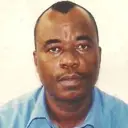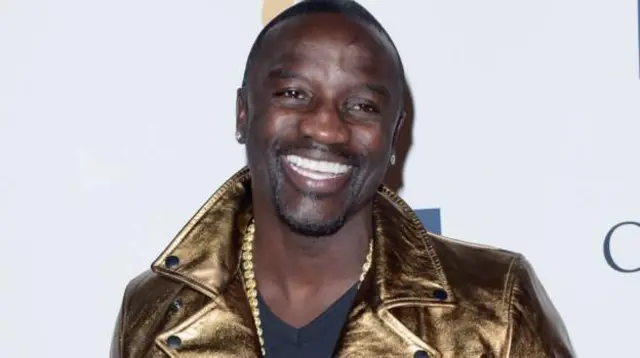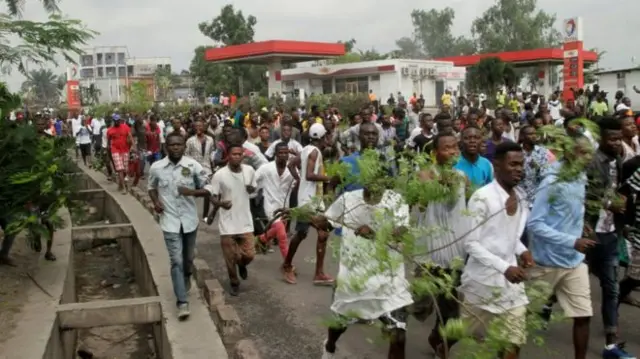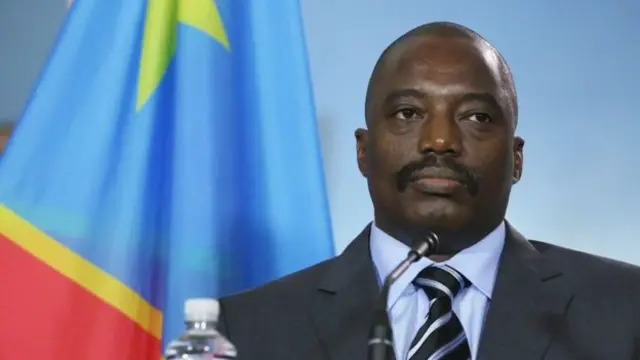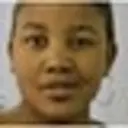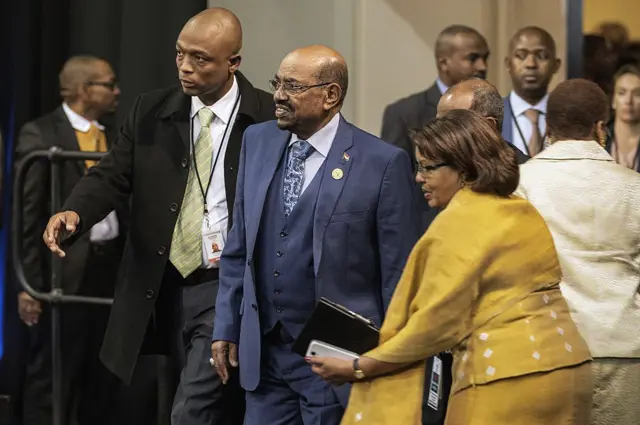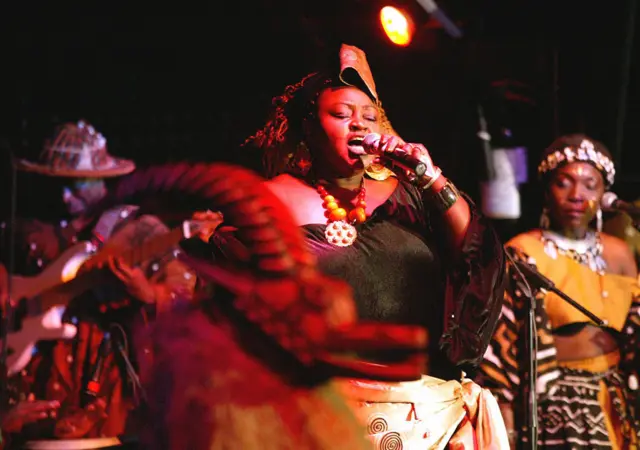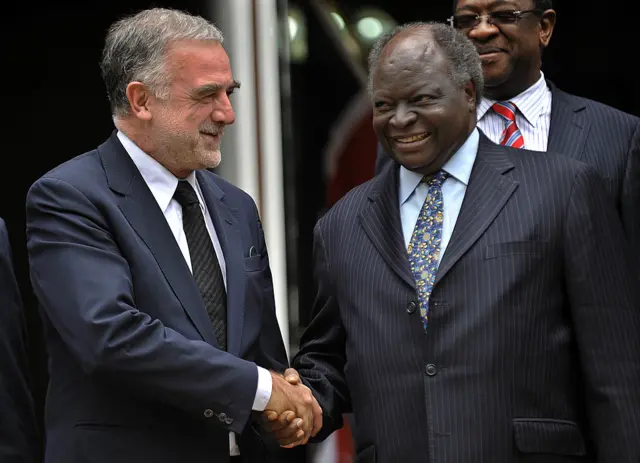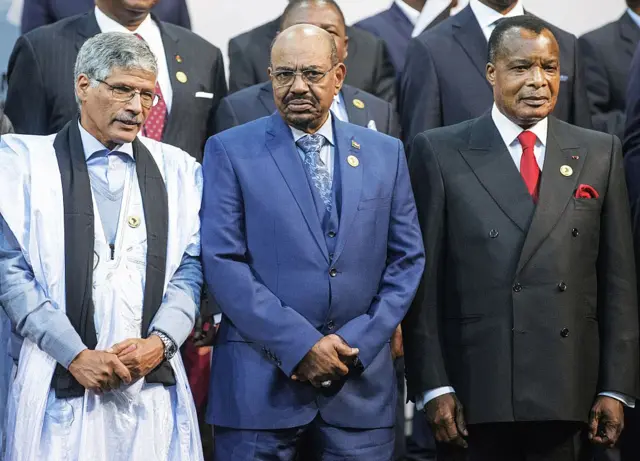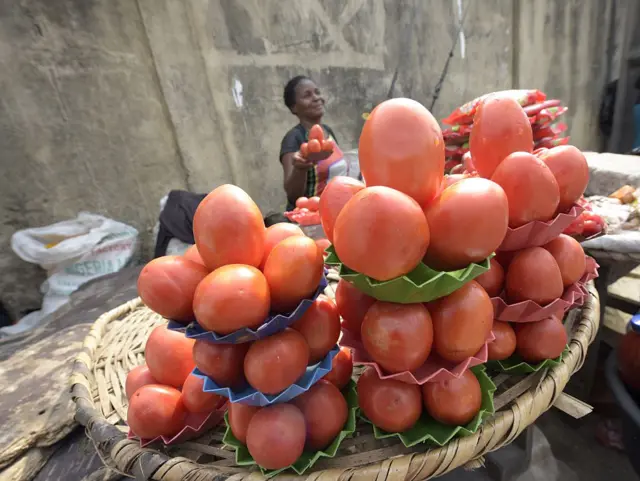Refugee story wins BBC Hausa women's writing awardpublished at 12:26 BST 21 October 2016
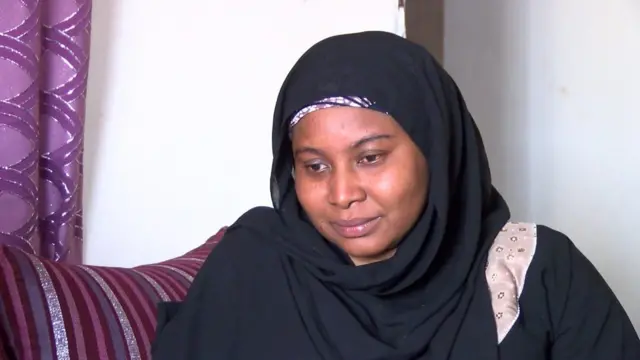
Aisha Muhammad Sabitu was inspired by the plight of Boko Haram victims
The BBC Hausa Service has announced the winner of its first short-story competition aimed at women writers.
Aisha Muhammad Sabitu's story Sansanin' Yan Gudun Hijira (meaning "Refugee Camp" in Hausa) beat off competition from more than 200 other stories.
Ms Sabityu, who is from Katsina in Nigeria, says she was inspired to write the story by a visit to an displaced persons' camp in Adamawa state.
Judges said that her story offered a creative and powerful glimpse into the lives of those displaced by the Boko Haram crisis in north-east Nigeria.
The lead judge, Dr. Aliya Adamu Ahmad said the quality of the story's "plot, characterisation, style and language” made it a worthy winner.
Launching the competition in July, Jimeh Saleh, Acting Editor of the BBC Hausa Service, said:
Quote MessageWe want to make sure women’s voices are heard especially in areas where they are not always as commonly represented.
Quote MessageThe contest is intended to promote the culture of writing among women and also give them a platform to express their creativity because historically, women in Africa have been known to be great custodians of folklore and gifted moonlight storytellers.”
BBC Hausa is part of the BBC World Service and reaches more than 23 million people every week.
Read more: A hunger for romantic fiction in northern Nigeria
